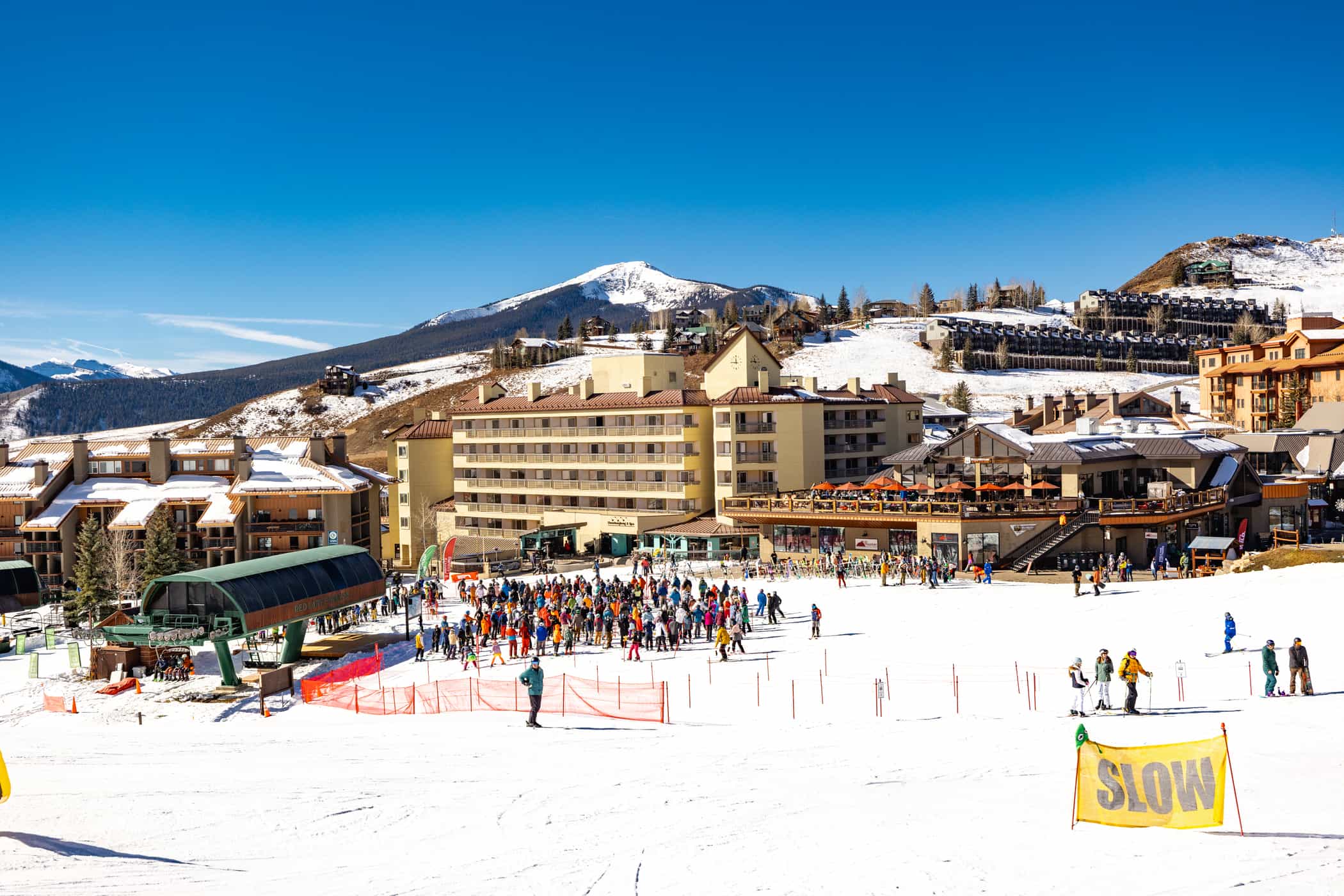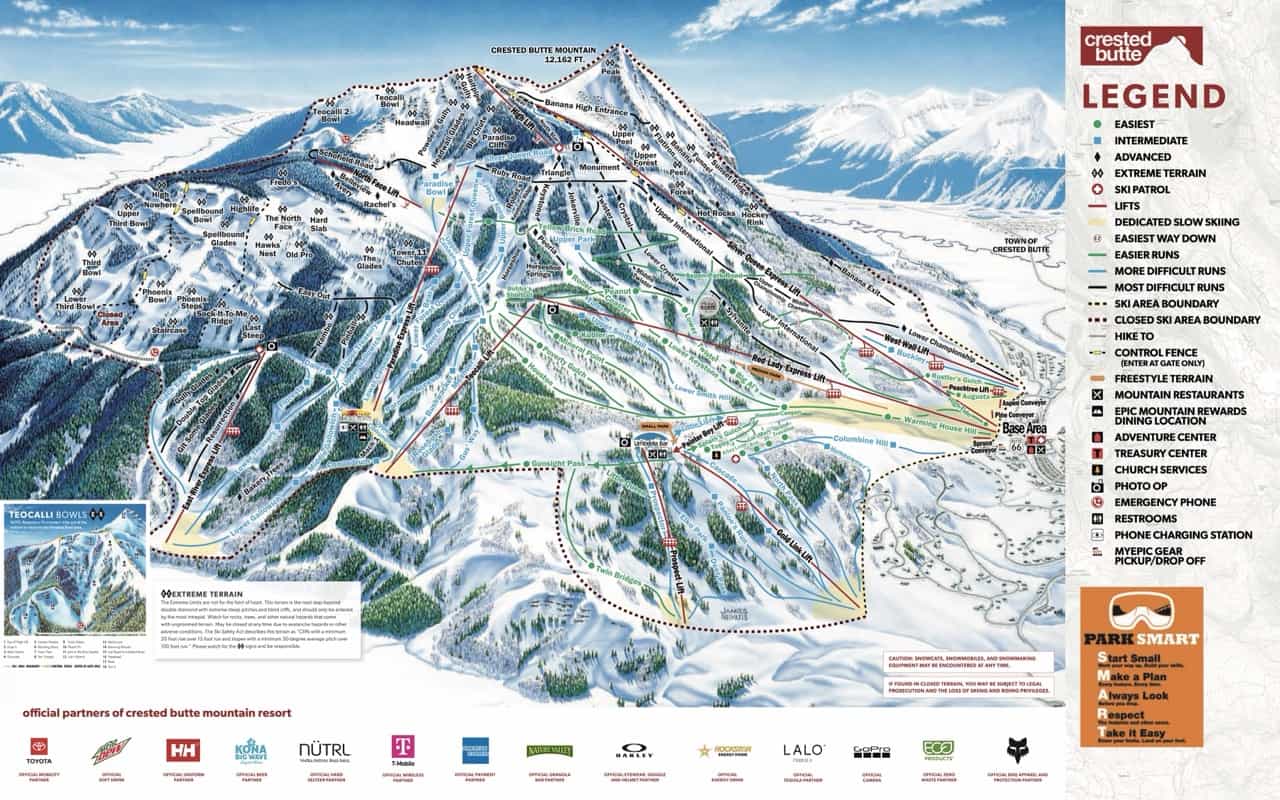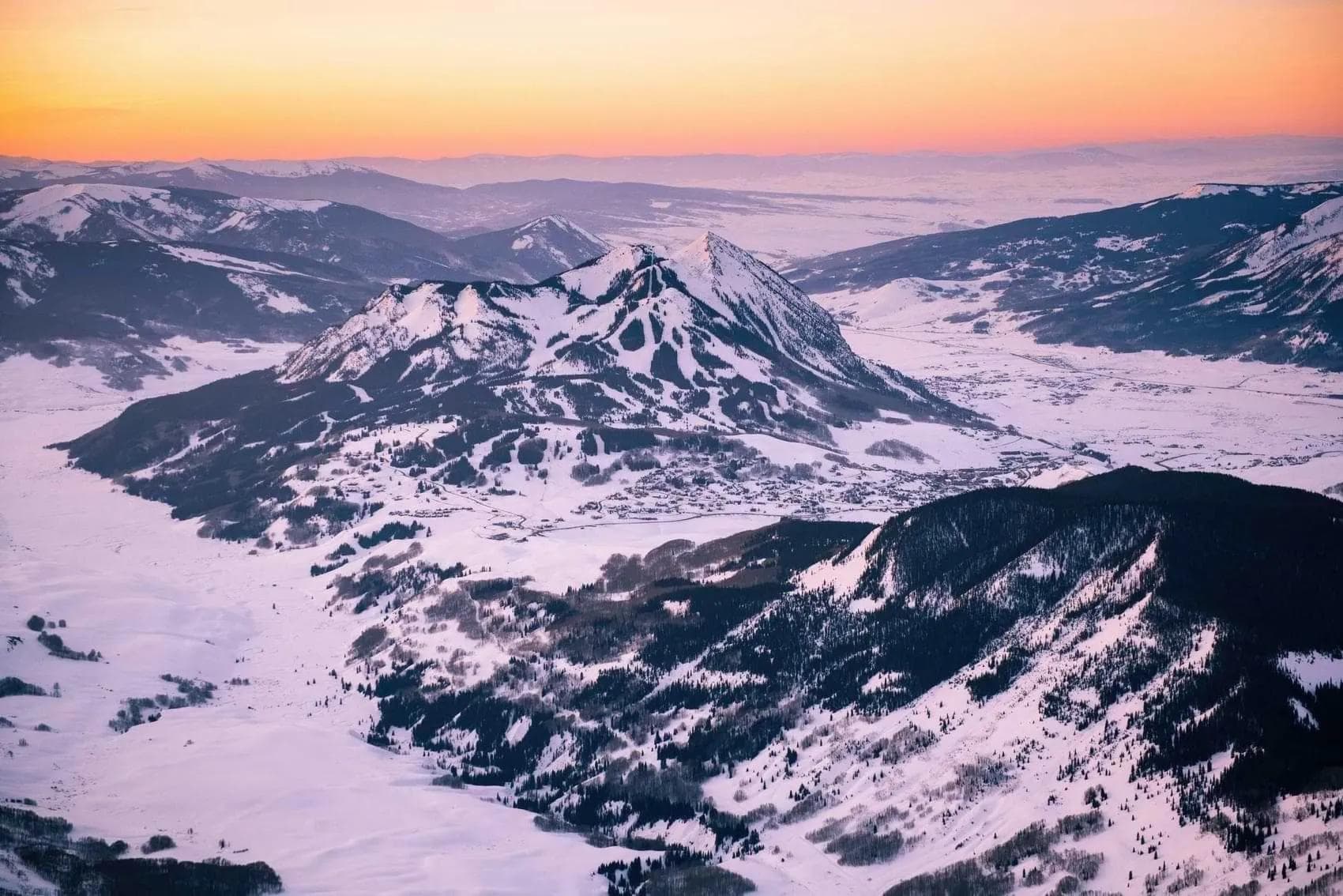
Crested Butte Base Area. © Crested Butte
Vail Resorts Hit with $12.4M Verdict in Crested Butte Chairlift Accident
Published Date:
Categories
Vail Resorts Loses $12.4M Lawsuit Over Chairlift Injury
Vail Resorts has been ordered to pay $12.4 million to Annie Miller, a skier paralysed after falling from a chairlift at Crested Butte in 2022. The verdict, delivered by a Colorado jury, marks a significant shift in ski resort liability and could have far-reaching consequences for the industry. This case has pierced the typically robust legal protections enjoyed by ski areas, challenging the effectiveness of liability waivers that have long shielded resorts from substantial payouts.

The lawsuit stemmed from a March 2022 incident where Miller, then 16, fell 30 feet from the Paradise Express lift, sustaining severe injuries including spinal damage that left her paralysed. Initially dismissed due to liability waivers, the case was reinstated following a Colorado Supreme Court ruling that private agreements cannot exempt resorts from statutory safety obligations.
Crucially, the court allowed a negligence per se claim to proceed, lowering the burden of proof from gross negligence. The jury found Crested Butte in breach of state regulations, assigning 75% fault to the resort and 25% to Miller for assumed risks. This verdict challenges the Colorado Ski Safety Act's typical $250,000 cap on damages.
Vail Resorts, unsurprisingly, disagrees with the decision, stating it's 'inconsistent with Colorado law'. However, their carefully worded response acknowledging Miller's suffering suggests an awareness of the public relations implications.

This ruling could significantly impact risk management and insurance costs for ski resorts, potentially leading to increased ticket prices or reduced services. Industry groups warn it may affect the accessibility of skiing, while consumer advocates argue it's a necessary step for accountability.
While chairlift accidents resulting in fatalities are rare - just 35 deaths in over 18 billion rides since 1973 - this case highlights the severe consequences when safety measures fail. It also underscores the tension between maintaining affordable skiing and ensuring robust safety protocols.
As the industry digests this verdict, we can expect renewed focus on lift safety procedures and potentially revised liability agreements. For skiers, it's a reminder that while skiing carries inherent risks, resorts have a legal duty of care that extends beyond boilerplate waivers. The long-term implications of this case will likely reshape the legal landscape for ski resorts not just in Colorado, but across North America.


